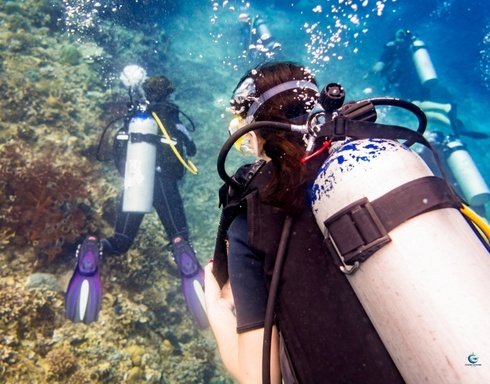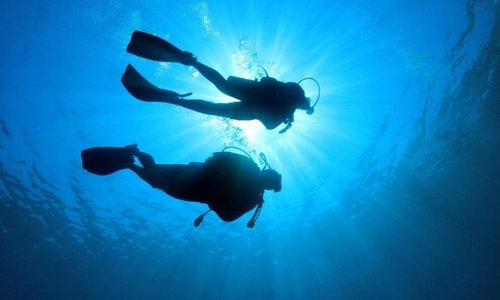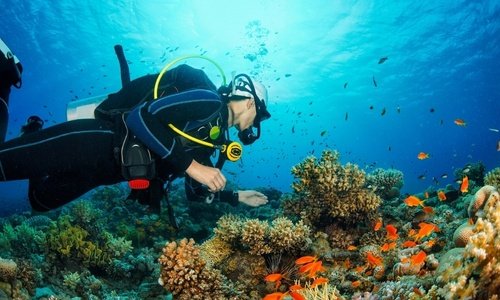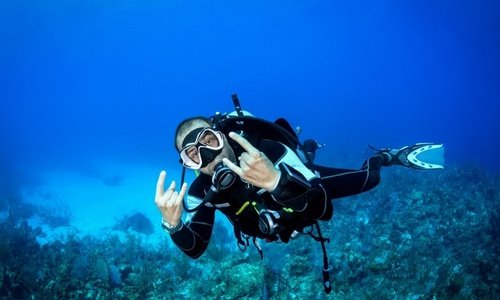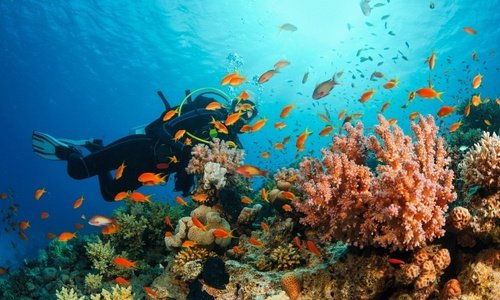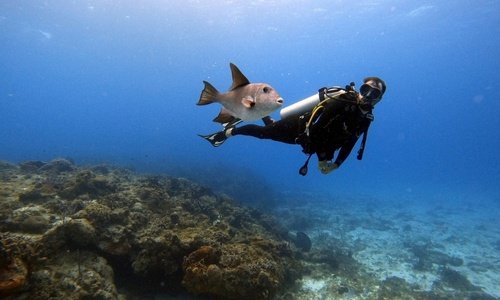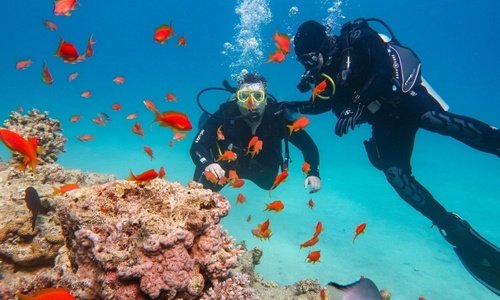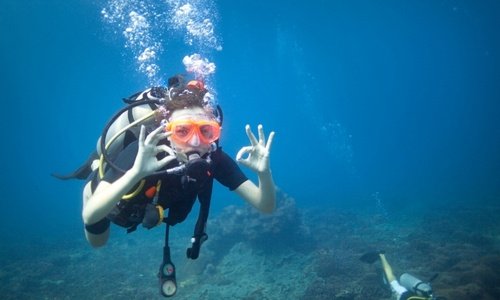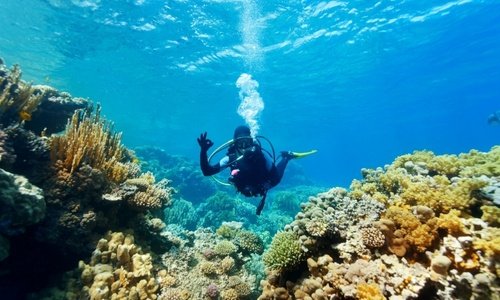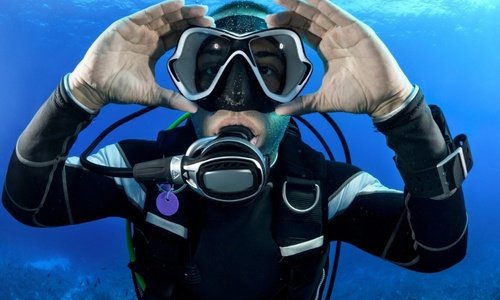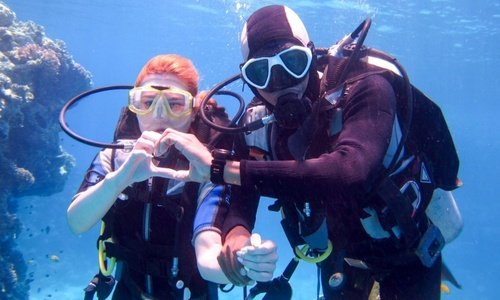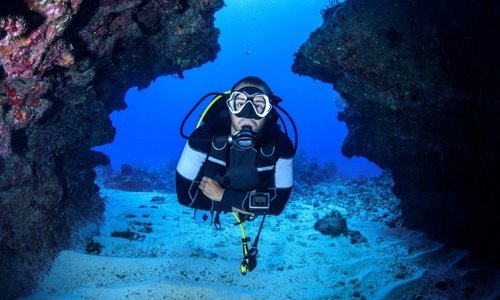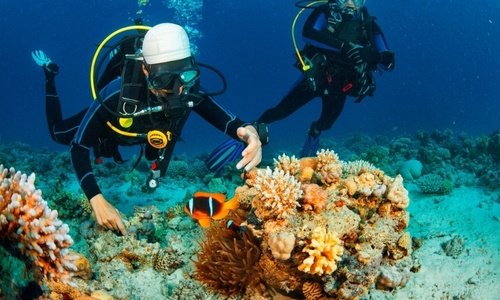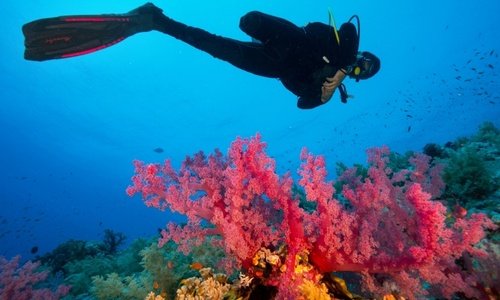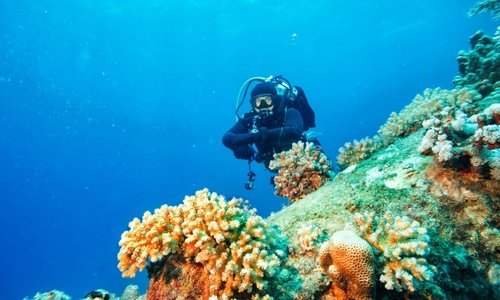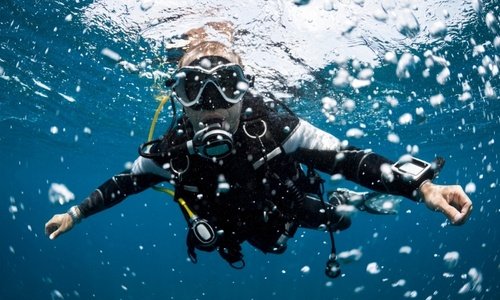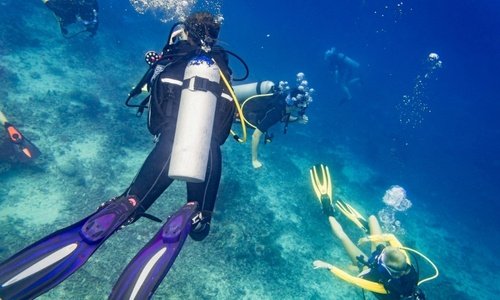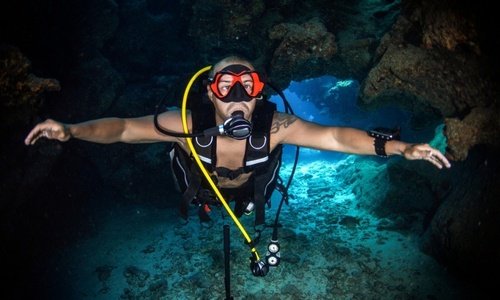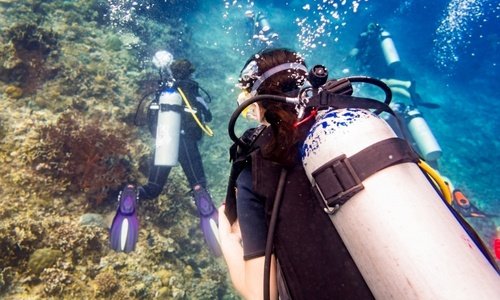Who Cannot Participate in Scuba Diving?
Scuba diving offers an unparalleled gateway to the mesmerizing underwater realm. However, this exhilarating activity inherently carries physiological demands that can pose significant health hazards for individuals with pre-existing conditions. Understanding the specific contraindications is paramount for ensuring the safety of every diver.
The suitability assessment for scuba diving centers on the body's capacity to manage rapid pressure changes. Deficiencies in the cardiovascular, respiratory, or central nervous system can lead to severe underwater complications. We will comprehensively review the absolute and relative conditions that disqualify individuals from engaging in scuba diving, adhering to a professional and corporate standard.
🔴 Cardiovascular Contraindications: Why Heart Health is Non-Negotiable
The heightened ambient pressure underwater places substantial strain on the circulatory system. Consequently, individuals suffering from known cardiovascular ailments are strongly advised against participating in scuba diving. These conditions significantly amplify the risk of acute cardiac events while submerged.
Hypertension, Heart Failure, and Arrhythmias: Major Exclusion Factors
Uncontrolled hypertension can precipitate dangerous fluctuations in blood pressure underwater. Moreover, individuals diagnosed with congestive heart failure, significant heart rhythm disturbances (arrhythmias), or those who have recently undergone cardiac surgery are medically prohibited from diving. These cardiac vulnerabilities introduce an unacceptable level of risk during pressure equalization.
🌬️ Respiratory System Integrity and Lung Capacity Requirements
Effective breath control and the lungs' ability to adapt to pressure fluctuations are fundamental to diving safety. Even minor respiratory issues at the surface can become life-threatening underwater emergencies. Therefore, prospective divers must rigorously screen for any respiratory problems that prevent scuba diving suitability.
Asthma and Chronic Lung Diseases: Impact on Pressure Adaptation
A history of active asthma is among the primary disqualifiers before commencing dive training. An asthmatic attack underwater can cause airway obstruction, leading to barotrauma. Conditions such as Chronic Obstructive Pulmonary Disease (COPD) diminish pulmonary elasticity, substantially increasing the risk of decompression sickness (DCS).
🧠 Neurological and Psychological Fitness for Diving
Maintaining composure and proficiently managing specialized equipment underwater are essential competencies for safe diving. Issues affecting the Central Nervous System (CNS) or severe psychological disorders can impair these critical abilities. Among the major risks are neurological conditions that preclude diving, particularly those associated with loss of consciousness.
Epilepsy, Seizure History, and Anxiety Disorders: Submerged Dangers
Any history of epilepsy or previous episodes of unexplained loss of consciousness strictly disqualifies an individual from scuba diving. An on-set seizure underwater directly results in drowning or catastrophic loss of equipment control. Similarly, individuals with severe panic disorders or debilitating anxiety must avoid diving due to the potential for uncontrollable panic reactions beneath the surface.
🩺 Other Restrictive Health Factors and Life Stages
Beyond the primary organ systems, several chronic medical issues and specific life stages impose limitations on participating in scuba diving. These factors must be evaluated thoroughly prior to obtaining any professional diving certification.
- Diabetes Management: Insulin-dependent diabetics face risks from rapid shifts in blood glucose levels leading to hypoglycemia or hyperglycemia underwater.
- Chronic Ear/Sinus Conditions: Conditions that permanently impair the ability to equalize middle ear or sinus pressure are disqualifying.
- Pregnancy: Diving is strictly forbidden throughout pregnancy due to the severe risk of fetal barotrauma and potential developmental harm.
- Medication and Substance Use: Use of medications affecting the CNS or diving under the influence of alcohol or recreational substances is strictly forbidden.
 📋 Professional Steps Before Commencing Scuba Diving Training
📋 Professional Steps Before Commencing Scuba Diving Training
Every individual aspiring to start scuba diving must treat the listed health constraints with the utmost seriousness. Leading international certification agencies mandate the completion of a comprehensive medical clearance form prior to any in-water training. If any item on the medical checklist applies to you, your crucial first action must be consultation with a certified Dive Medical Technician (DMT). Remember that a secure and enjoyable scuba diving experience begins with verifiable personal health fitness. Scuba Diving Restrictions: Who Should Avoid the Depths?. Who Cannot Participate in Scuba Diving?.
-
CAMPAIGNS
-
BOOK NOW

